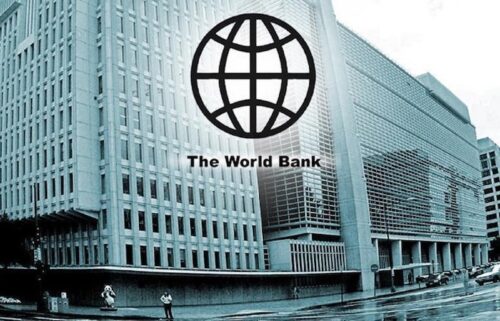
The World Bank has approved a comprehensive $1.08 billion financing package to support Nigeria’s efforts in education reform, nutrition improvement, and community resilience, sectors seen as vital to long-term socioeconomic recovery and development.
The package comprises three major initiatives: $500 million in additional funding for the Community Action for Resilience and Economic Stimulus (NG-CARES) program, $80 million for the Accelerating Nutrition Results in Nigeria (ANRIN 2.0) initiative, and $500 million for the Hope for Quality Basic Education for All (HOPE-EDU) project.
Originally established in response to the COVID-19 pandemic, NG-CARES has evolved into a broader resilience program, already reaching over 15 million beneficiaries across Nigeria. The new round of funding will expand its coverage, particularly in the wake of rising economic challenges, including the removal of fuel subsidies and the unification of Nigeria’s currency rates.
NG-CARES delivers targeted social protection interventions—such as cash transfers, labor-intensive public works, grants for micro and small businesses, and agricultural support across Nigeria’s 36 states and the Federal Capital Territory.
“The NG-CARES Program remains a vital lifeline for vulnerable populations,” said Ndiamé Diop, World Bank Country Director for Nigeria. “This additional financing will enable the government to provide both immediate relief and long-term support for resilience building.”
The second leg of the financing, ANRIN 2.0, is aimed at reducing malnutrition and improving food security among Nigeria’s most vulnerable groups—including pregnant women, lactating mothers, children under five, and adolescent girls. Building on the success of the initial phase, which reached over 13 million children between 2018 and 2024, ANRIN 2.0 will enhance primary healthcare nutrition services and increase access to diverse, micronutrient-rich foods.
“Nutrition is foundational to improving national health outcomes,” said Diop. “This funding ensures that interventions can be scaled to reach those at greatest risk of food insecurity and malnutrition.”
With a $500 million commitment, the HOPE-EDU initiative targets widespread gaps in foundational literacy and numeracy. The project is expected to benefit 29 million children, support 500,000 teachers, and reach 65,000 schools across the country. The program focuses on structured pedagogy, better school resource management, and reducing classroom overcrowding.
An additional $52.18 million in co-financing from the Global Partnership for Education Fund will further boost implementation efforts.
“Investing in human capital is crucial for Nigeria’s long-term development,” Diop emphasized. “HOPE-EDU is designed to transform the basic education landscape and equip Nigeria’s youth with the foundational skills they need to succeed in the modern economy.”
These programs are closely aligned with Nigeria’s National Development Plan (2021–2025) and the Multisectoral Plan of Action for Food and Nutrition, reinforcing efforts to build a more resilient and inclusive economy.


